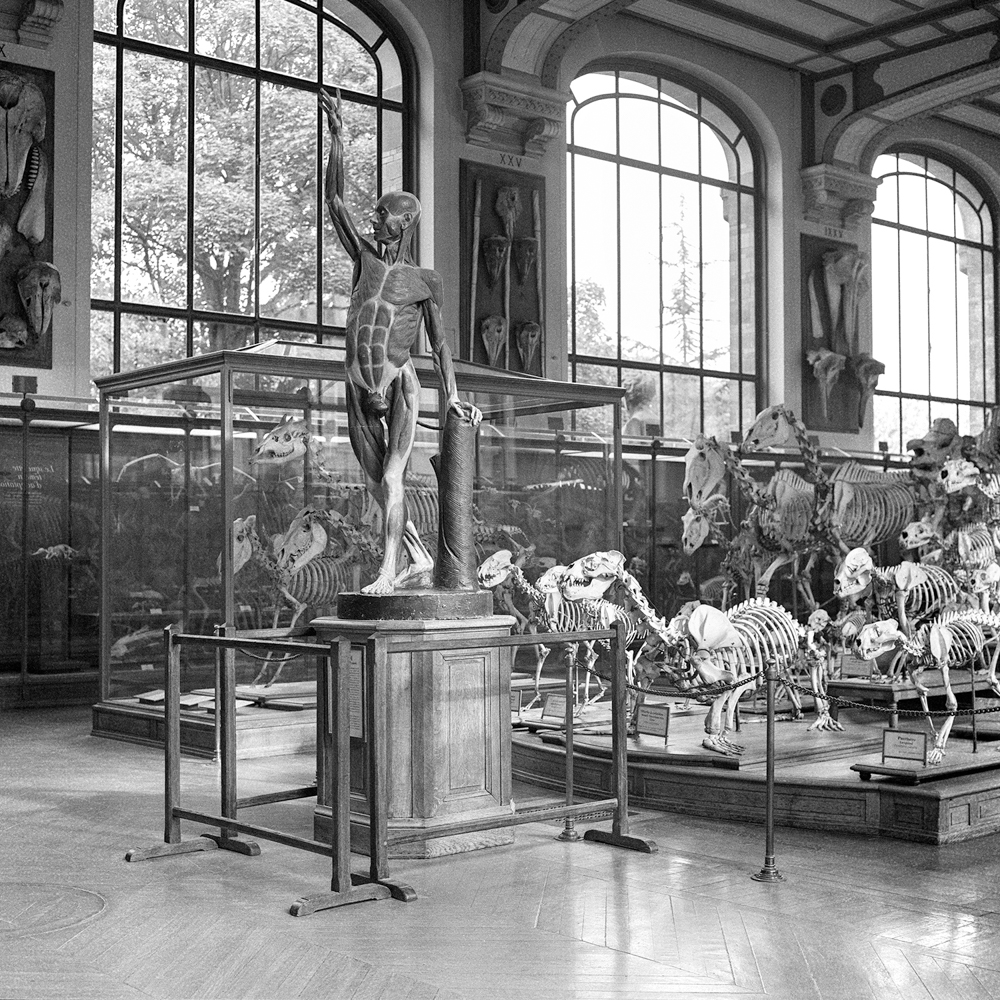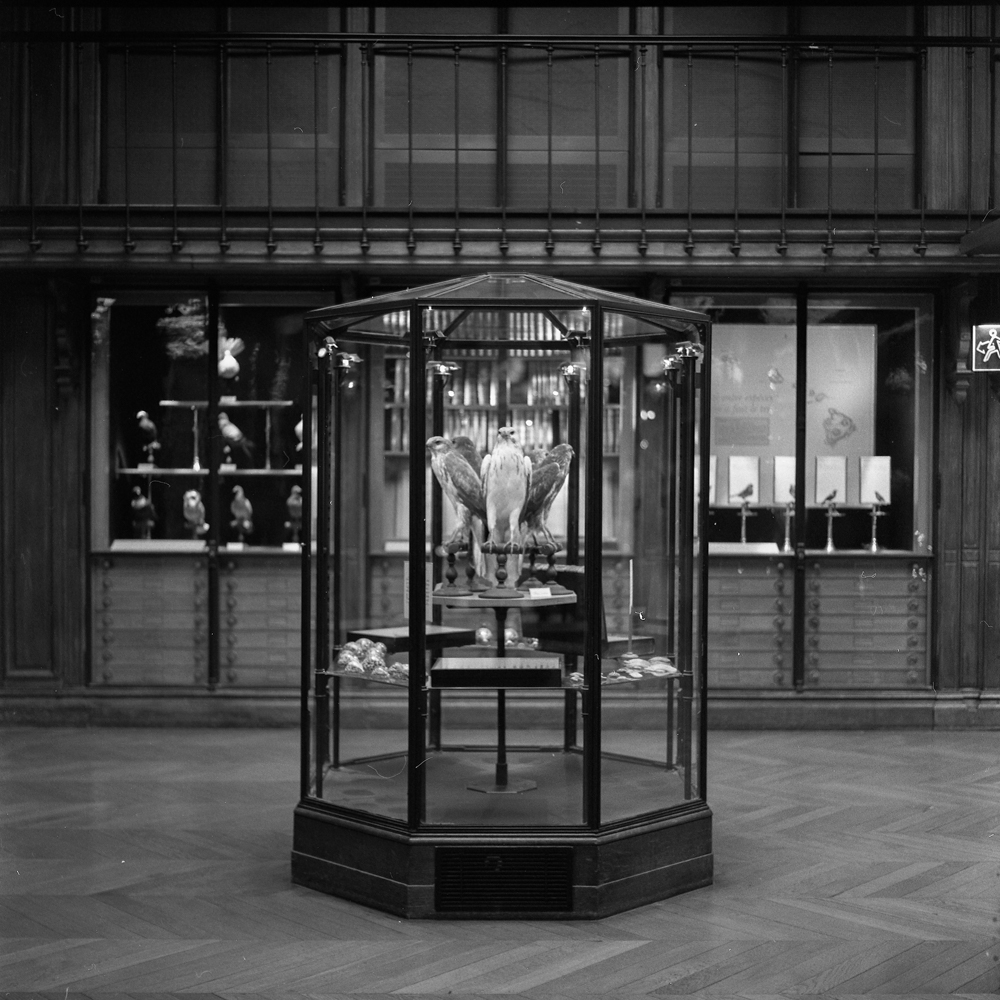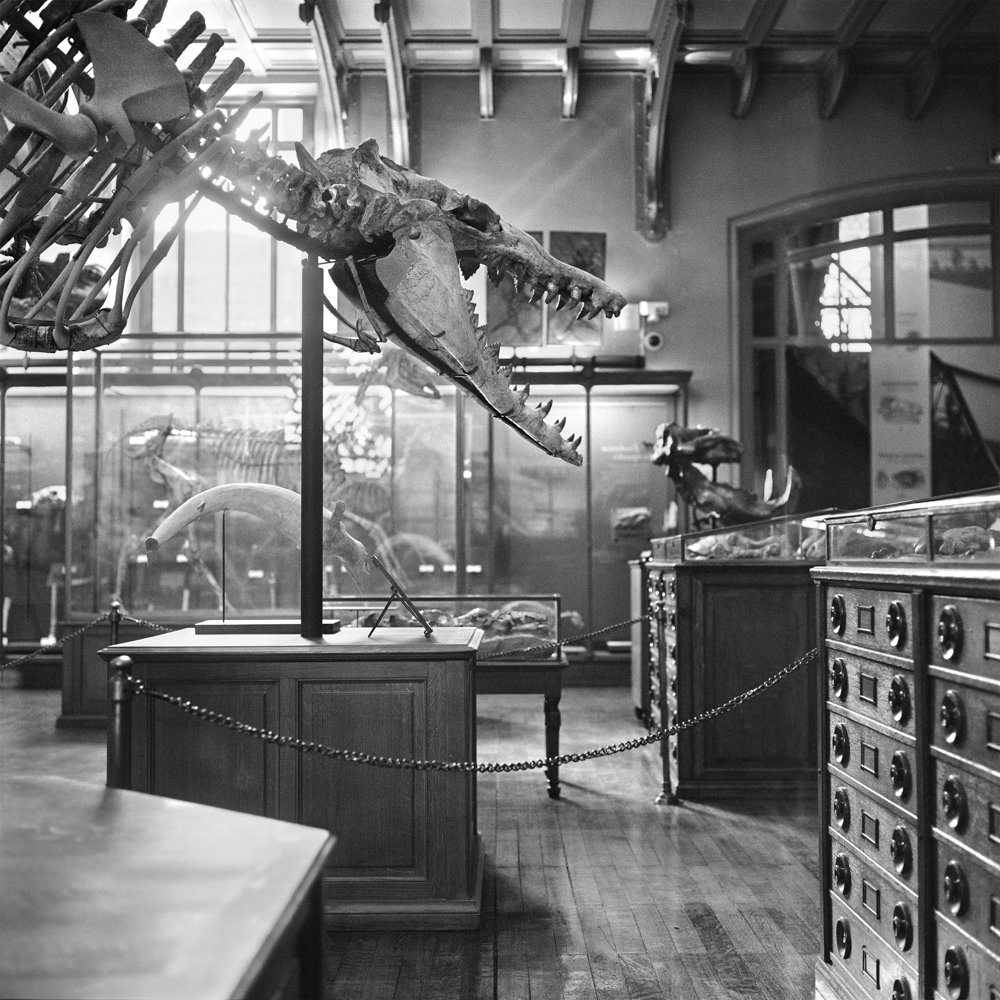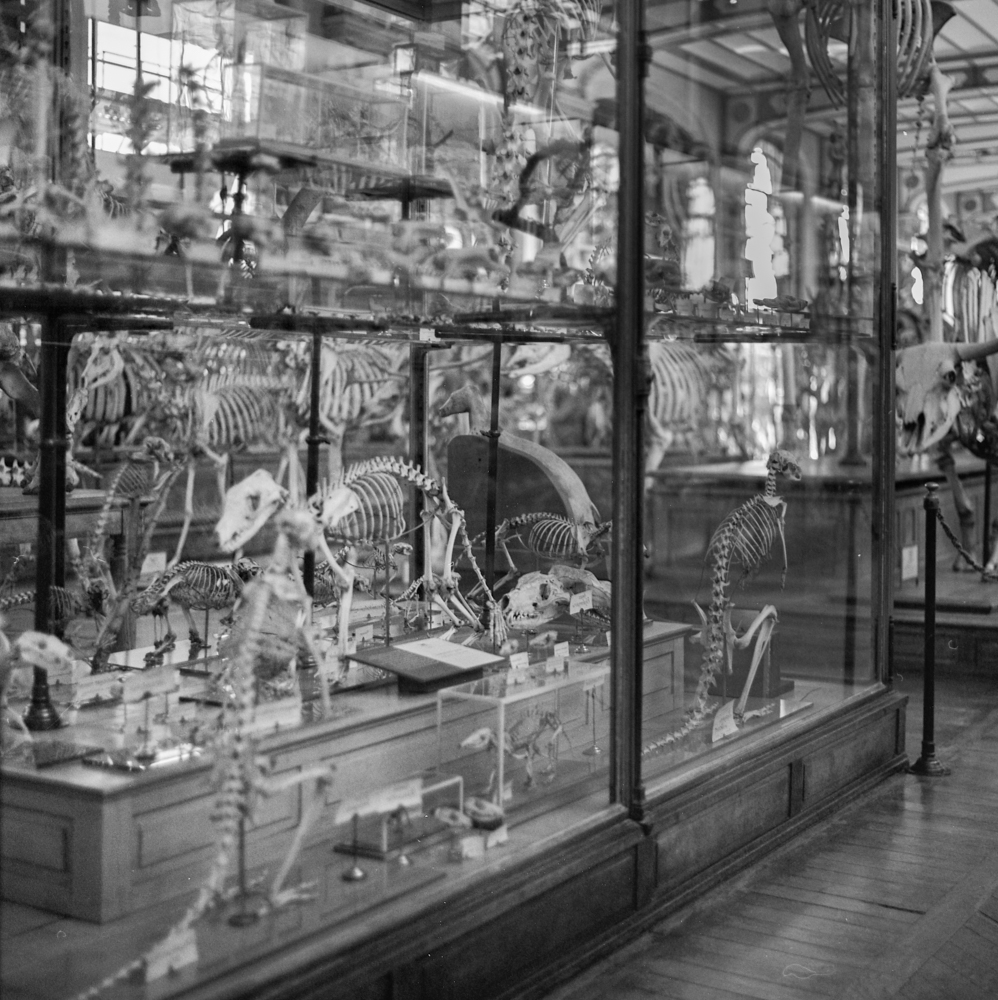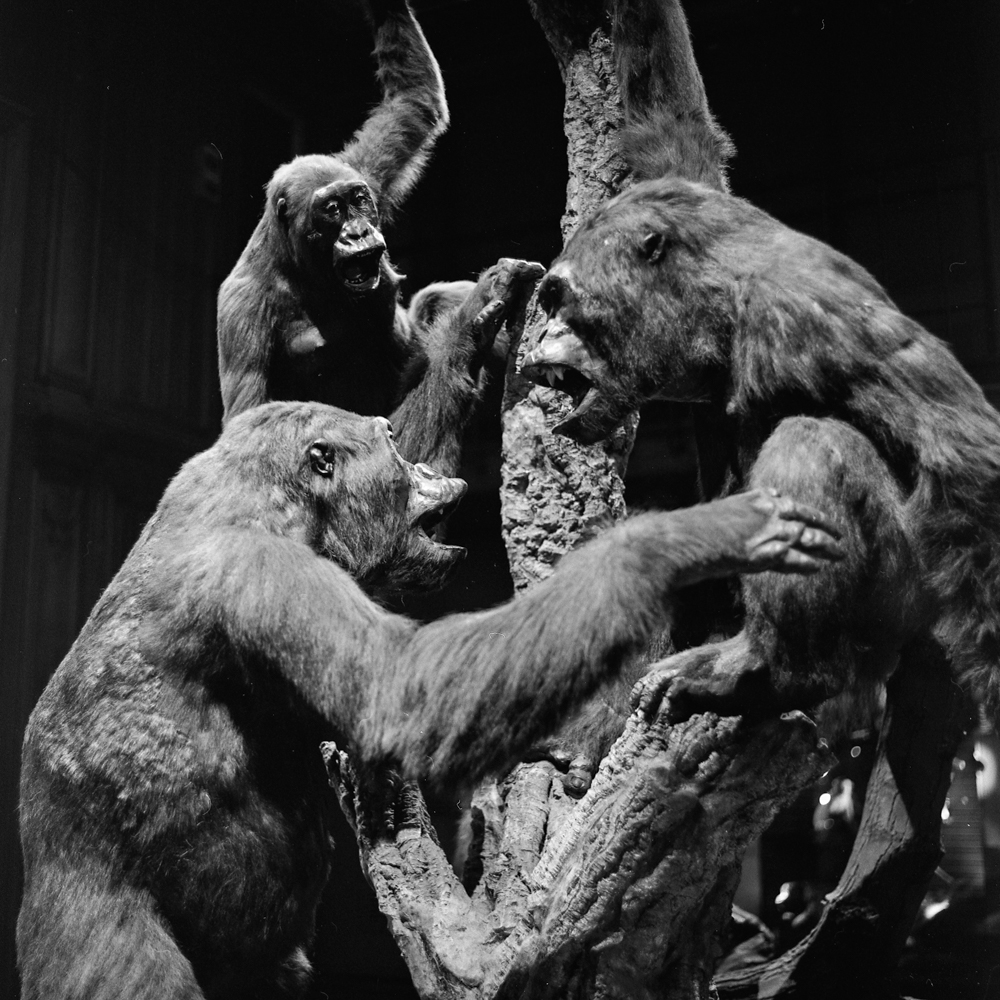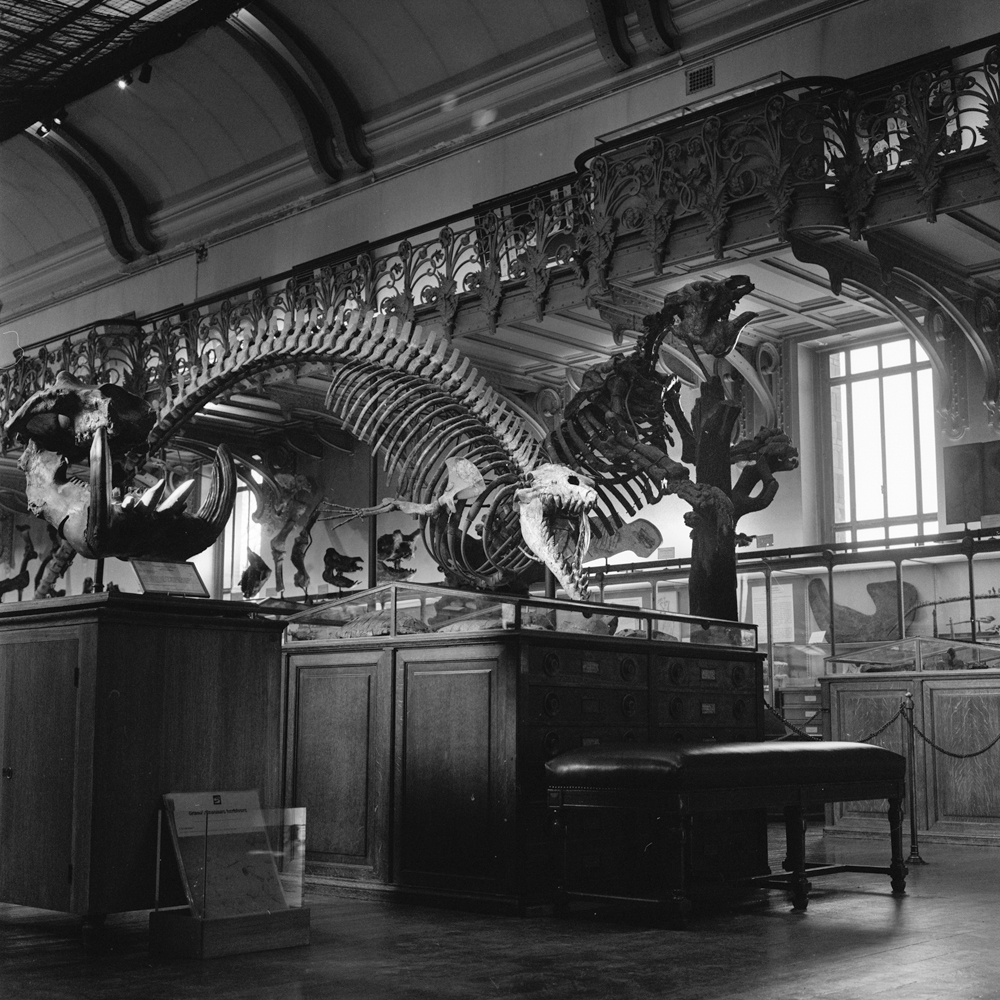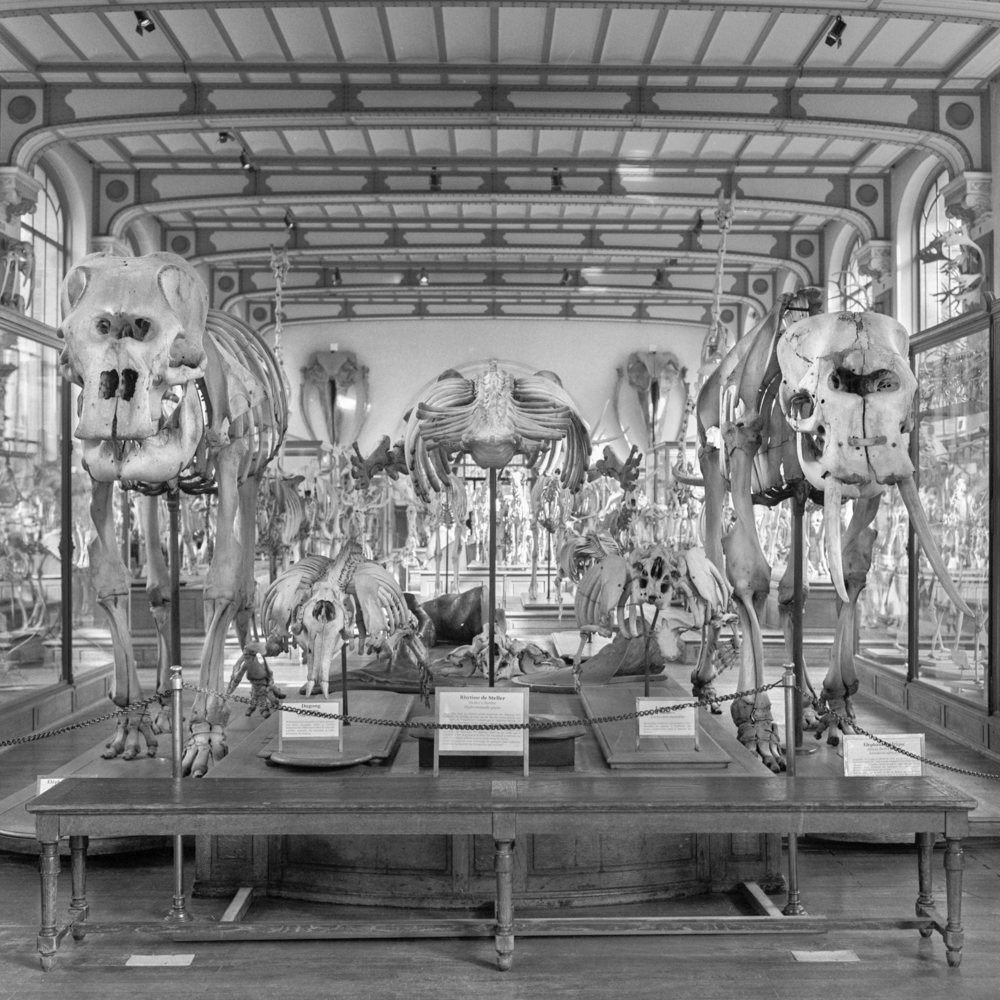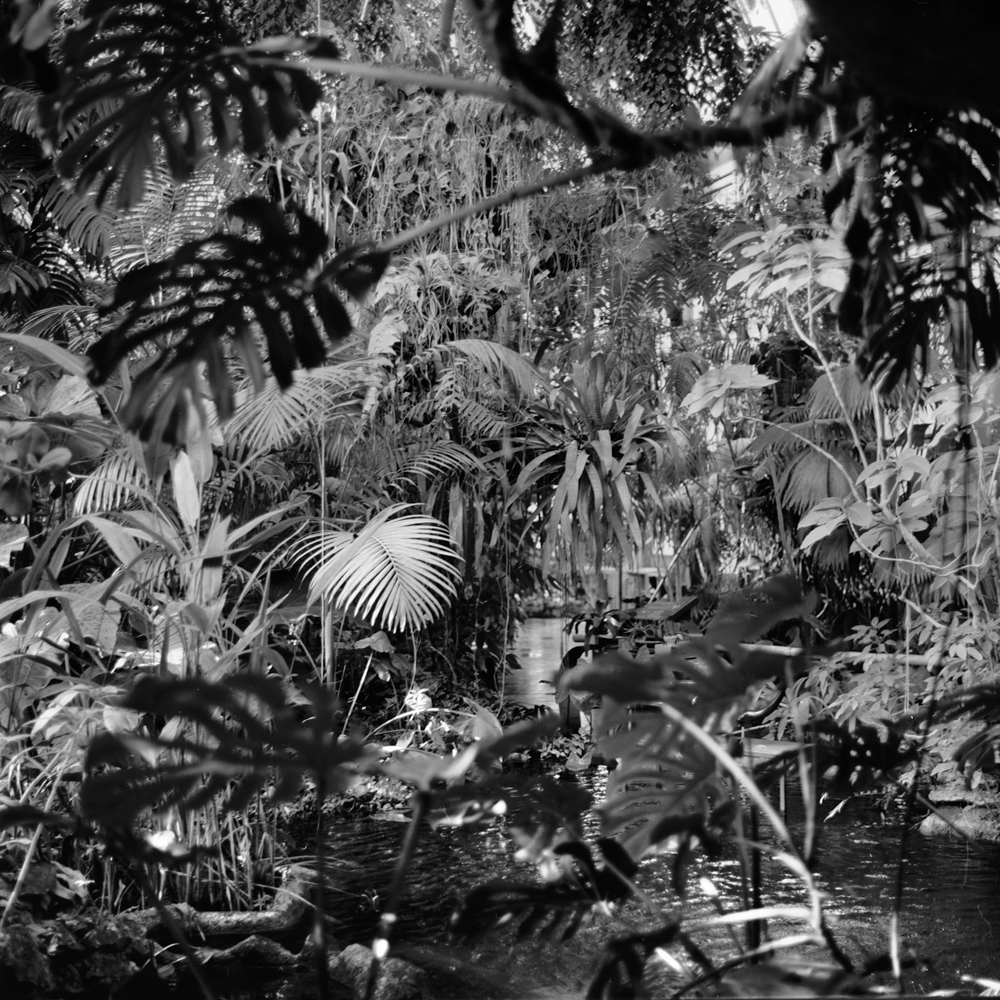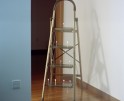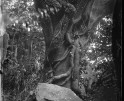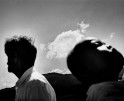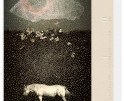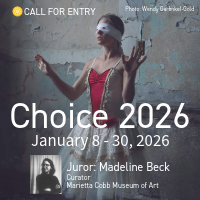Photography & Anthropology: Mendia Echeverria, “Museum”
Mendia Echeverria is a Navarre photographer based in Madrid and Paris. She has a degree in Photography (URJC/TAI), a master’s degree in Artistic Photography and Contemporary Narratives (URJC/TAI) and a PhD in Artistic Education (UAM). Her exhibition career both individual and collective began in 2013 and continues to the present day exhibiting in places such as Centre Pompidou, Tabacalera Madrid, Real Jardín Botánico Madrid, Museo de Navarra, Estampa, Huarte Contemporary Art Center, Art-hop-Polis in Paris, Galerie Nadar in Tourcoing, Museo de Altamira, Berlín gallery, gallery Cámara Oscura, gallery El Halcón Maltés, Palacio de Quintanar SegoviaPhoto and Cigarreras in Alicante. She has also received numerous awards and grants of relevance, such as SCAN Tarragona, PHE Special Mention in the Enaire Foundation Awards, Rencontres Photographiques Amis Musée Albert-Kahn in Paris, Publication Grants from Huarte Center and Government of Navarra, accessit best exhibition PHOTOESPAÑA, Fuga Award at the Revela-T Festival in Vilassart de Dalt, production grants from Huarte Center, EA Visiona Festival Órbitas de Jaén. She has done artistic residencies in Madrid with Cantera Tabacalera, in Paris with the Formarte grant, in Bordeaux with Zebra3 in Fabrique Pola and in Alicante in A Quemarropa, among others.
Follow Mendia on Instagram: @mendiaecheverria
Memory is a recurring theme in her photographic work. She is currently researching on mapping different spaces, most of them linked to landscapes and natural history to study new traces and methods of transmission of memories. She seeks to intertwine the tangible reality of the landscape with its imaginative interpretations and focuses on specific aspects that shape our existence, thus allowing the viewer to immerse themselves in a personal interpretation without the limitations of historical reality. Through repetitions and variations, she explores ambiguity and origin, fostering a dynamic between the audience and the creator. Her series are presented as aesthetically resilient material, thematically connected with memory and projection. By challenging the dichotomy between memory and experience, she investigates her relationship with the environment and how it shapes our perception of the world.
Carlos Barradas: What initially drew you to incorporate anthropological themes into your photography?
Mendia Echeverria: I’m interested in studies about culture and human behavior, including how societies remember, interpret, and transmit their past. That’s why I began conducting research in the field of memory anthropology, focusing on how memories are constructed and transmitted in different cultural contexts. This includes studying ritual practices, oral traditions, commemorative monuments, and museums as sites of collective memory.
Carlos Barradas: How have your personal or professional experiences significantly influenced your work?
Mendia Echeverria: My first work related to memory, transmissions, and losses focused on an intimate family case. I conducted an in-depth analysis of my own family to reconstruct my grandmother’s deteriorated memory. This personal process of seeking answers sparked a profound awareness in me about the importance of preserving individual and collective memories. Building on this experience, I embarked on a second project focused on a similarly personal rhetoric, exploring another crucial aspect concerning the origin and intentional loss of historical memory in my local community. Investigating a specific event, I discovered that an essential part of my locality’s history – where close relatives inhabited caves- had been deliberately omitted and forgotten by subsequent generations. This discovery led me to reflect on how historical narratives can be manipulated and how memory loss can distort our understanding of the past.
Finally, I undertook a further journey, this time addressing memory from a broader and more collective perspective. My aim is to approach memory from a collective viewpoint, preserving the traces of memory in society, and gaining a better understanding of where we are headed as a community.
Carlos Barradas: How do you prepare for a new body of work? What kind of research and engagement do you undertake?
Mendia Echeverria: When I embark on a new project my first step is to seek connections with my previous research, whether it be through thematic affinity or personal connection. From the outset, I delve into theoretical research that delves into the memory of the specific place I intend to explore. My goal is to unravel the different points of interest, especially traces of the past, and reflect on how to meaningfully relate them to one another. Seeking the most beneficial way to transmit and preserve their memories, recognizing their importance in the fabric of history and identity.
Once I have completed this phase of exploration and have established a solid theoretical framework, I begin the task of seeking funding to materialize my vision through photographic production. When I finally secure some funding, it’s time for fieldwork.
For me, this phase is almost ritualistic. Immersing myself in the space I am going to photograph, dedicating time to analyze every detail. Discussing the transmission of memory involves understanding the importance of the physical and material in the preservation process. That’s why I choose to work analogically, with a contemplative vision of space. For me, it is fundamental to capture that material that is engraved on the physical and tactile negative, which carries with it the tangible imprint of the history and memory of the place.
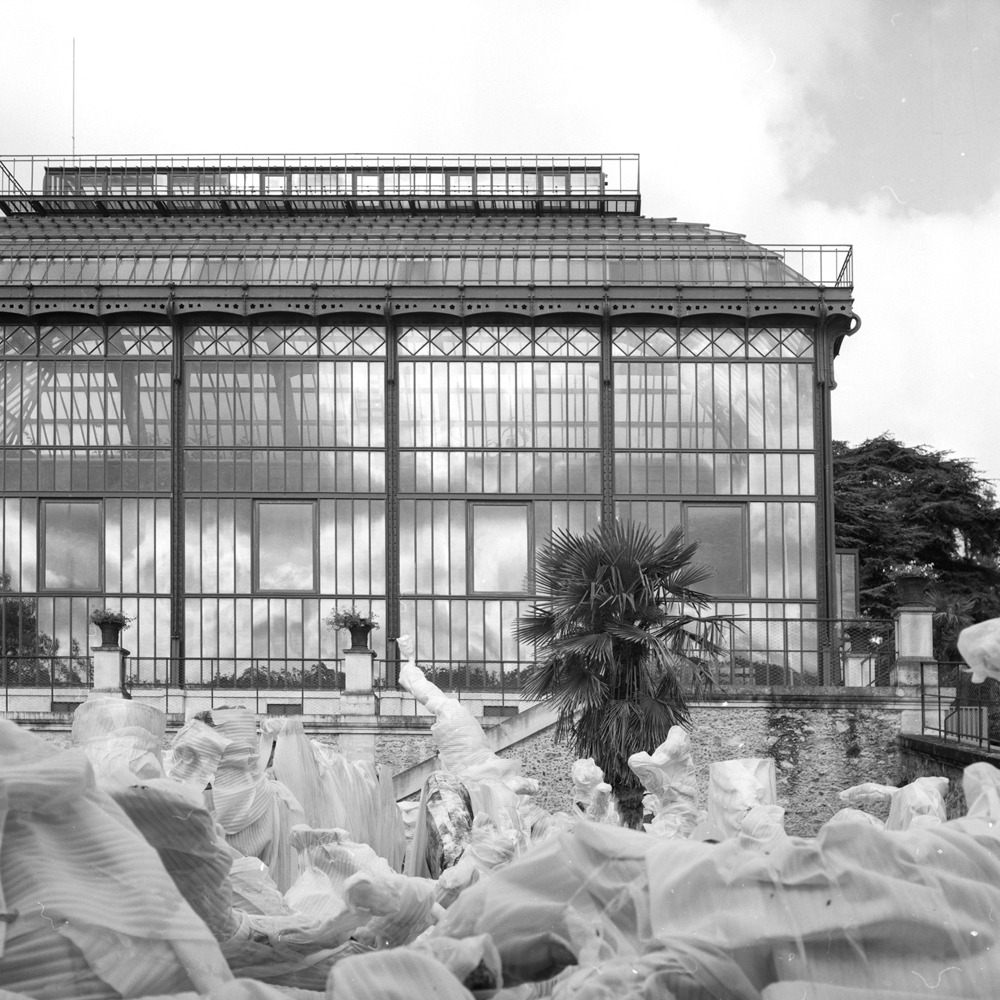
© Mendia Echeverria, “Museum”.
Carlos Barradas: Are there any challenges or areas within anthropological photography that you are interested in exploring further?
Mendia Echeverria: I would like to delve into the complex relationship between human cultural education and its connection to the social memory rooted in its origin. This connection is fundamental as it shapes many of our perceptions, beliefs, and values. However, it is important to highlight how this social memory can be distorted or misrepresented by dominant historical narratives, as we observe in institutions such as some natural history museums.
An individual’s cultural education is intrinsically linked to their socio-historical context. Social memory serves as a bridge between the past and the present, transmitting knowledge and stories that define our cultural identity. However, this memory is not always accurate or impartial.
The museum – as a space for the preservation and exhibition of cultural heritage- reflects this complexity. Often, the history presented in these museums is filtered through selective narratives that can distort historical reality. For example, certain events or historical figures may be glorified or minimized depending on the dominant perspective in a particular cultural or political context. This historical distortion can have significant consequences on public perception and understanding of past events. It can perpetuate stereotypes marginalize certain groups or perpetuate myths about the past. Therefore it is crucial to critically examine how history is constructed and presented in institutions.
Carlos Barradas is a photographer with a Ph.D. in anthropology and a master’s degree in contemporary photography from the Istituto Europeo di Design in Madrid, he has been producing photographic and textual essays on issues such as territory, colonialism and post-colonialism, disability, new masculinities and sustainability. Considered by GUP Magazine as one of the 100 European photography talents (2020). He has already exhibited at Foto Rio, Rencontres d’Arles 2019 & 2023 (promoted by the British Journal of Photography and Der Greif), at the International Center of Photography, in New York (2020) and at the BFoto Festival (2021). Winner of the “Cities in the City” initiative at PhotoEspaña and the Porto Photography Biennale’21, awarded a Criatório (2022) and, more recently, guest artist in residence at Encontros da Imagem 2023 edition. Co-creator and co-editor of the online magazine contemporary photography line SOPA and content editor of the photography platform Lenscratch, based in Los Angeles.
In his work he engages with ambiguity. He positions his photographs in a liminal state, an anthropological concept that refers to an intermediate phase or condition in a certain rite of passage. It intends for them to become a receptacle where people deposit their narratives. In this sense, they become a habitable space, where emotional states, memories and social and cultural values come into play, defining the interpretation made of the image.
His artistic practice is developed around personal work, but also the development of free workshops for the communities he works with, always resulting in fanzines, collective exhibitions or other types of artistic products, as has happened in Portugal, São Tomé and Príncipe or Namibia. He believes that it is through these joint initiatives and the participation of communities that the visual production and the intended local cultural mapping will be richer the greater their engagement.
Follow Carlos Barradas on Instagram: @barradascarlos
Posts on Lenscratch may not be reproduced without the permission of the Lenscratch staff and the photographer.
Recommended
-
The 2026 Lenscratch New Beginnings Exhibition (Part II)January 31st, 2026
-
South Korea Week: Sung Nam Hun: The Rustling Whispers of the WindJanuary 16th, 2026
-
South Korea Week: Lee Gap-Chul: Conflict and ReactionJanuary 14th, 2026
-
The Favorite Photograph You Took in 2025 Exhibition, Part 2January 1st, 2026
-
The Favorite Photography YOU Took in 2025 Exhibition, Part 3January 1st, 2026

